Natural Gas Grill Overview
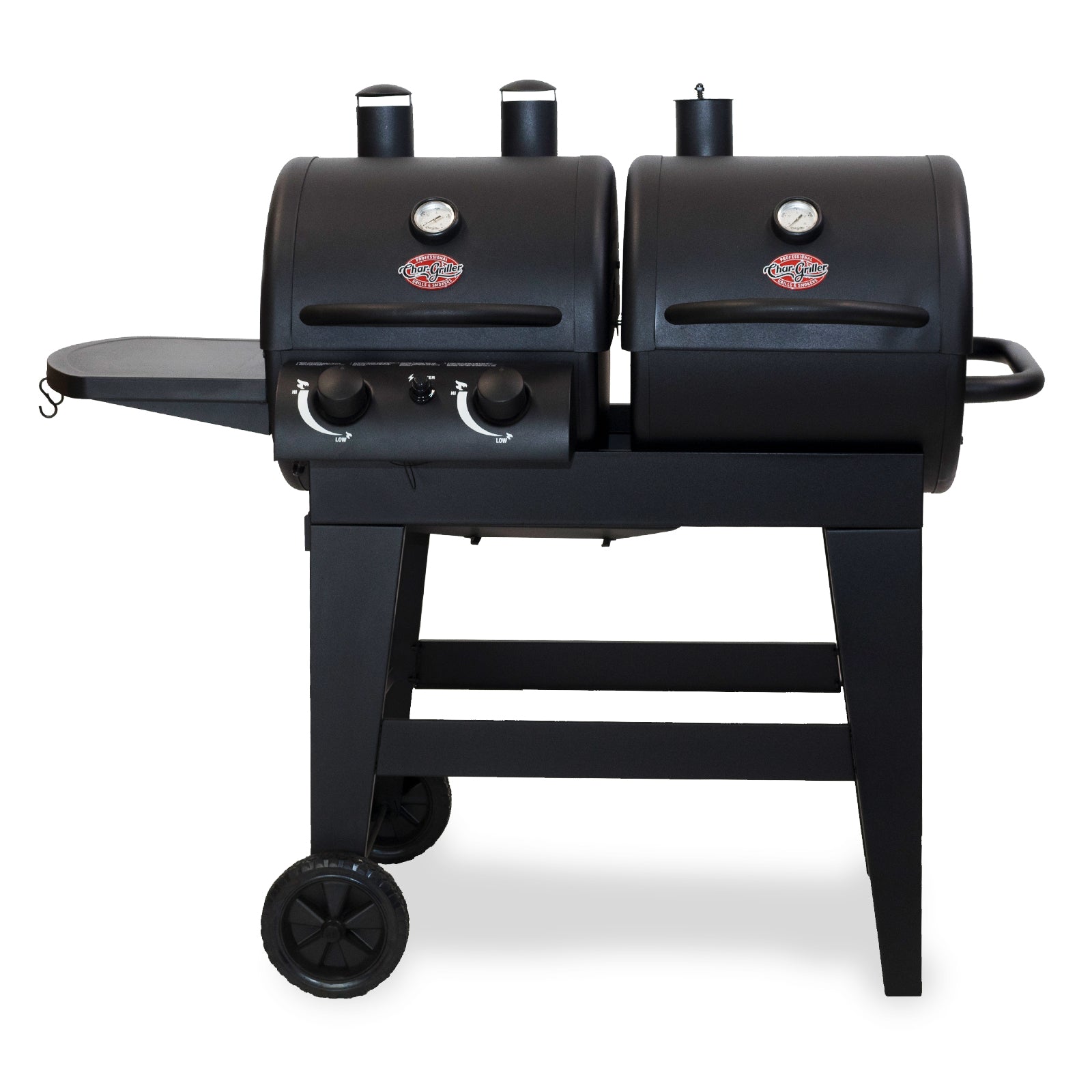
Natural gas grills are a popular choice among grill enthusiasts. These grills are connected directly to the natural gas line of a home, eliminating the need for propane tanks. One of the key benefits of a natural gas grill is the convenience of never running out of fuel. Additionally, natural gas grills provide consistent heat and temperature control, allowing for precise cooking. However, it is important to note that natural gas grills require professional installation and may not be suitable for those without access to a natural gas line. Overall, natural gas grills offer a convenient and reliable grilling experience.
Natural Gas Grill Benefits And Drawbacks
Natural gas grills offer several benefits that make them a popular choice among grill enthusiasts. One of the key advantages is the convenience of never running out of fuel. Since natural gas grills are connected directly to the home’s natural gas line, there is no need to worry about refilling or replacing propane tanks. Additionally, natural gas grills provide consistent heat and temperature control, allowing for precise cooking. However, it is important to note that natural gas grills require professional installation and may not be suitable for those without access to a natural gas line.
Natural Gas Grill Installation And Maintenance
Installing a natural gas grill requires professional assistance to ensure proper connection to the natural gas line. A licensed gas fitter will need to install a gas line in your backyard, which can incur additional costs. It is important to follow all safety guidelines and regulations during installation to prevent any potential hazards.
When it comes to maintenance, natural gas grills are relatively low maintenance compared to other types of grills. Regular cleaning of the grill grates and burners is essential to remove grease buildup and ensure optimal performance. Additionally, inspecting the gas connections and hoses for any leaks or damage is crucial to ensure safe operation. Overall, proper installation and regular maintenance will ensure that your natural gas grill operates efficiently and safely for years to come.
Propane Grill Overview
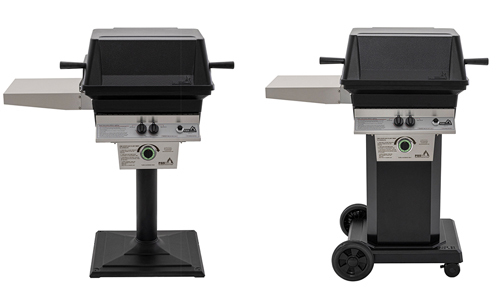
Propane grills are a popular choice among grill enthusiasts due to their convenience and portability. These grills are fueled by liquid propane, which is stored in portable tanks that can be easily attached to the grill. Propane grills are known for their quick startup and fast cooking times, making them ideal for those who want to grill on the go or don’t have access to a natural gas line. Additionally, propane grills offer a wide range of features and sizes, allowing users to find the perfect grill for their needs. Overall, propane grills offer a versatile and efficient grilling experience.
Propane Grill Advantages And Disadvantages
Propane grills have several advantages that make them an attractive choice for grill enthusiasts. Firstly, propane grills offer the convenience of portability. They can be easily transported and used in various outdoor settings. Secondly, propane grills have a quick startup and fast cooking times, allowing for efficient grilling sessions. However, there are a few disadvantages to consider. Propane tanks need to be refilled or replaced regularly, which can be an added expense. Additionally, propane grills may not achieve the same level of heat output as natural gas grills. Despite these drawbacks, propane grills remain a popular and versatile option for outdoor cooking.
Propane Grill Portability And Convenience
Propane grills offer the advantage of portability and convenience. Unlike natural gas grills that require a fixed gas line, propane grills can be easily transported and used in various outdoor settings. This makes them ideal for camping trips, tailgating, or backyard parties. The convenience of propane grills is further enhanced by their fuel source. Propane tanks are readily available and can be easily refilled or replaced at many convenience stores or gas stations. This eliminates the need for a permanent gas line and allows for flexibility in grill placement. So, if you prioritize portability and convenience, a propane grill may be the perfect choice for you.
Natural Gas Vs Propane: Flavor And Cooking Performance
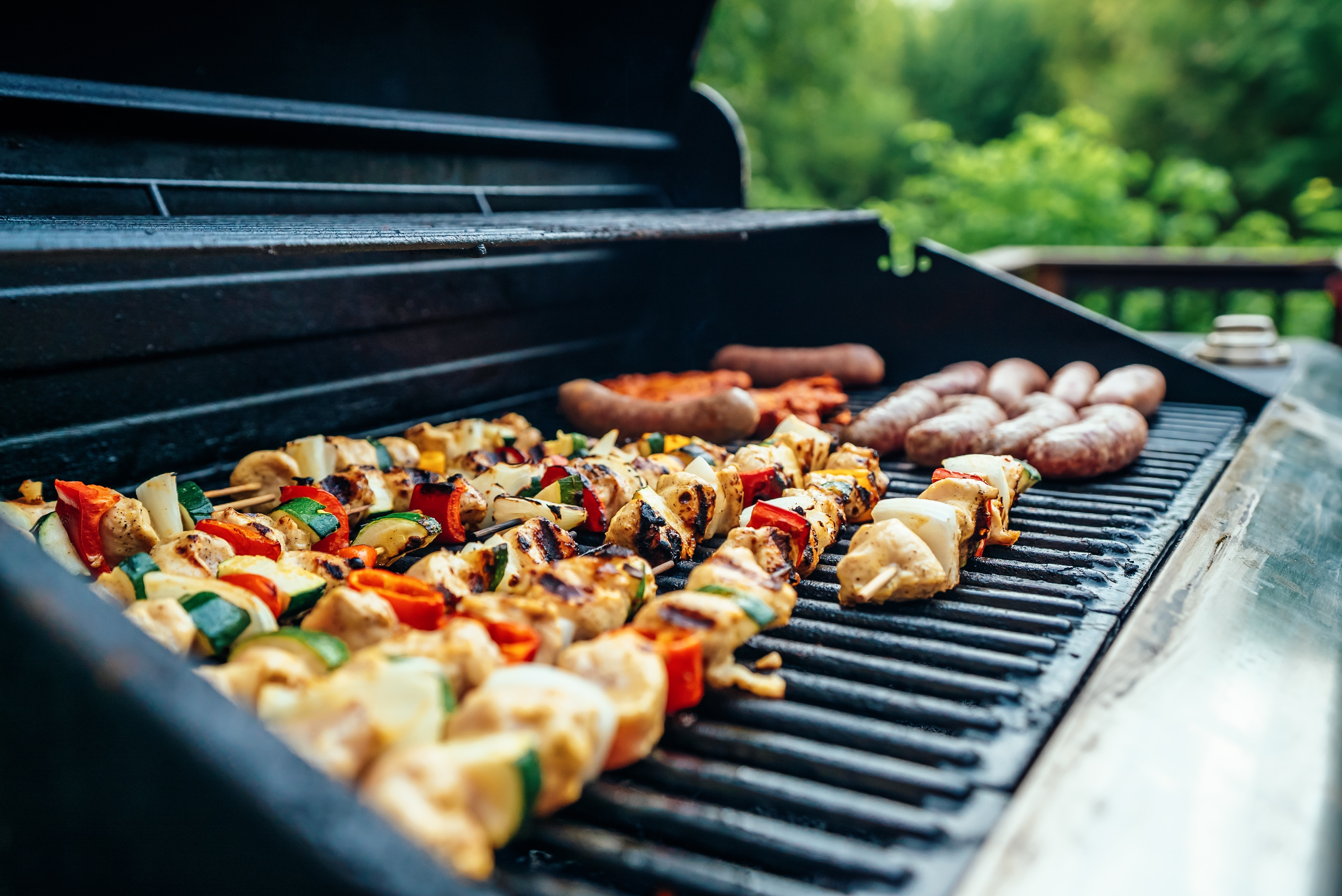
When it comes to flavor and cooking performance, there is no noticeable difference between natural gas and propane grills. Both fuels provide consistent heat and produce deliciously grilled food. The heat output and temperature control are the same for both options, ensuring that your meals are cooked to perfection. Whether you’re grilling steaks, vegetables, or burgers, you can expect excellent results regardless of the fuel you choose. So, when deciding between natural gas and propane, you can focus on other factors such as convenience, availability, and cost.
Natural Gas Grill Flavor And Cooking Experience
When it comes to flavor and cooking experience, using a natural gas grill provides excellent results. The consistent heat and precise temperature control ensure evenly cooked and flavorful meals. Whether you’re grilling steaks, vegetables, or burgers, the natural gas fuel enhances the taste and texture of the food. The flames produced by the natural gas fuel create a perfect sear and caramelization, adding that delicious smoky flavor to your dishes. With a natural gas grill, you can achieve restaurant-quality results and enjoy a truly memorable grilling experience every time.
Propane Grill Heat Distribution And Control
Propane grills are known for their excellent heat distribution and control. The burners in propane grills are designed to provide even heat across the entire cooking surface, ensuring that your food cooks evenly without any hot or cold spots. Propane burners also offer precise temperature control, allowing you to easily adjust the heat levels according to your cooking needs. Whether you’re searing a steak or slow cooking a roast, the ability to control the heat with precision gives you the flexibility to achieve perfect results every time. Additionally, propane grills often come with features like multiple burners and adjustable heat zones, further enhancing the control you have over the cooking process. With a propane grill, you can easily achieve the desired level of heat and ensure that your food is cooked to perfection.
Environmental Impact Of Natural Gas And Propane Grills
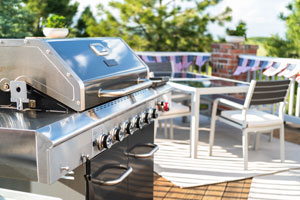
When it comes to the environmental impact, both natural gas and propane grills have their advantages. Natural gas is considered a cleaner-burning fuel compared to propane, as it produces fewer emissions and has a lower carbon footprint. Propane, on the other hand, is a non-toxic and non-carcinogenic fuel. Both fuels are also readily available and contribute to reducing our dependence on fossil fuels. However, it is important to note that the overall environmental impact of grilling depends not only on the fuel used but also on other factors such as the type of grill and cooking practices. As such, it is crucial to use energy-efficient grills and adopt eco-friendly grilling practices to minimize environmental impact.
Carbon Footprint Comparison
Natural gas grills have a lower carbon footprint compared to propane grills. This is because natural gas produces fewer emissions during combustion. Propane, although a cleaner-burning fuel compared to other fossil fuels, still has a higher carbon footprint than natural gas. By choosing a natural gas grill, individuals can reduce their contribution to greenhouse gas emissions and overall environmental impact. It is important to consider the long-term sustainability of our fuel choices and opt for cleaner alternatives like natural gas to minimize our carbon footprint and protect the environment.
Emissions And Sustainability Considerations
When it comes to emissions and sustainability, natural gas grills have the upper hand over propane grills. Natural gas produces fewer emissions during combustion, making it a cleaner fuel option. This means that choosing a natural gas grill can help reduce your carbon footprint and contribute to a healthier environment. In contrast, although propane is considered a cleaner-burning fuel compared to other fossil fuels, it still has a higher carbon footprint than natural gas. By opting for a natural gas grill, you can make a positive impact on the environment and promote sustainability in your grilling practices.
Cost Analysis: Operating Natural Gas Vs Propane Grills
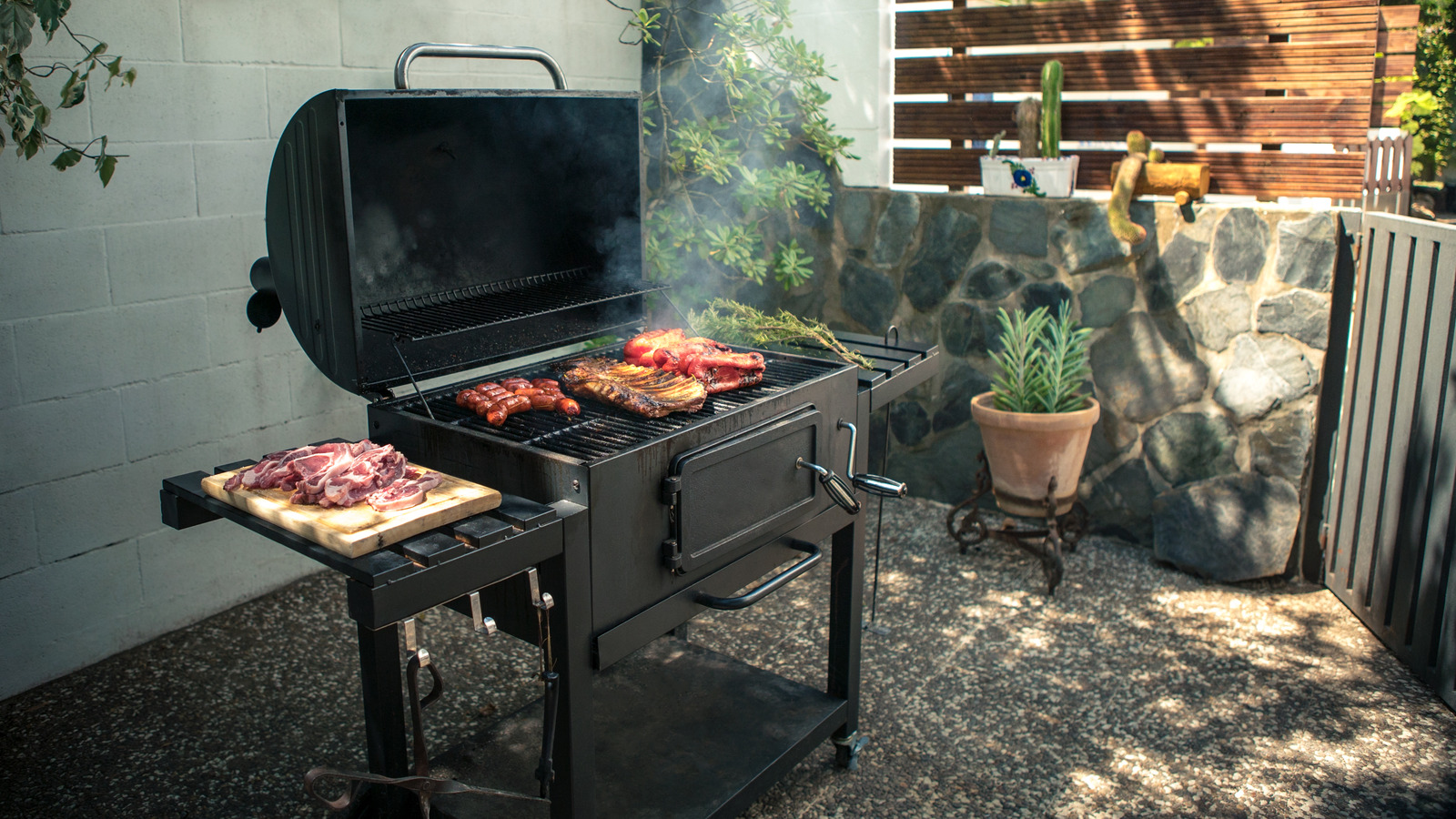
When it comes to the cost analysis of operating natural gas vs propane grills, there are a few factors to consider.
Initially, the cost of purchasing a natural gas grill may be higher due to the installation of a natural gas line. However, in the long run, natural gas tends to be more cost-effective as it is generally cheaper than propane.
Propane, on the other hand, can be more expensive and requires regular refills or tank exchanges, leading to ongoing fuel expenses.
Additionally, the efficiency of natural gas grills can result in lower fuel consumption compared to propane grills, further reducing costs over time.
Ultimately, the cost analysis will depend on your local gas and propane prices, as well as your grilling frequency and preferences.
Initial Investment And Long-term Expenses
When considering the initial investment and long-term expenses of natural gas vs propane grills, one must take into account the upfront costs and ongoing expenses.
For natural gas grills, the initial investment includes the installation of a natural gas line, which can be a significant expense. However, once the line is installed, the cost of natural gas is generally cheaper than propane, resulting in lower fuel costs over time.
In contrast, propane grills do not require an installation fee, but they do require regular refills or tank exchanges, which can add up in the long run. Propane is typically more expensive than natural gas, so the ongoing fuel expenses can be higher.
Ultimately, the choice between natural gas and propane grills will depend on the individual’s budget and grilling preferences. Considering the cost of installation and ongoing fuel expenses is essential in making an informed decision.
Fuel Cost Comparison And Efficiency
When comparing the fuel cost and efficiency of natural gas grills versus propane grills, there are a few factors to consider. Propane is known to burn twice as hot as natural gas, which means you will use less of it during cooking sessions. This can result in lower fuel costs over time compared to natural gas. Additionally, propane grills tend to have a higher energy efficiency rating, meaning that they use fuel more effectively and can provide faster and more even heat distribution. Ultimately, the choice of fuel will depend on personal preferences, budget, and availability in your area.
Conclusion

In conclusion, when it comes to choosing between a natural gas grill and a propane grill, there are several factors to consider. Both options have their own advantages and drawbacks, and the choice ultimately depends on personal preferences, budget, and availability of fuel sources in your area. Natural gas grills offer the convenience of a constant fuel supply, while propane grills provide portability and the ability to reach higher temperatures. Additionally, fuel cost and efficiency should be taken into account. Ultimately, it is important to choose a grill that meets your specific cooking needs and fits within your lifestyle.
Comparing Natural Gas And Propane Grills
When it comes to comparing natural gas and propane grills, there are a few key factors to consider. Natural gas grills offer the convenience of a constant fuel supply, eliminating the need to worry about running out during a cookout. Propane grills, on the other hand, provide greater portability, allowing you to take your grill on camping trips or tailgating adventures. In terms of performance, both types of grills offer similar cooking experiences, with the ability to reach high temperatures and create deliciously grilled food. Ultimately, the choice between natural gas and propane will depend on your personal preferences and the availability of fuel sources in your area.
Choosing The Right Grill For Your Needs
When it comes to choosing the right grill for your needs, it ultimately depends on your personal preferences and circumstances. If you have access to a natural gas line and value convenience, a natural gas grill may be the better option for you. On the other hand, if you prioritize portability and enjoy taking your grill on outdoor adventures, a propane grill would be more suitable. Consider factors such as fuel availability, installation requirements, maintenance, and cost when making your decision. Whichever grill you choose, both natural gas and propane grills can provide a fantastic grilling experience and deliciously cooked food.
FAQ About Natural Gas Grill Vs Propane: Flames Dueling For Grilling Supremacy
Q: What is the main difference between a natural gas grill and a propane grill?
A: The main difference lies in the fuel source they use. Natural gas grills are connected directly to a natural gas line at your home, while propane grills use propane tanks that need to be refilled or exchanged.
Q: Which type of grill is more cost-effective in the long run?
A: Natural gas grills are generally more cost-effective in the long run as natural gas is often cheaper than propane on a per-unit basis. However, the initial installation costs for a natural gas line can be higher.
Q: Are there any differences in the heat output between natural gas and propane grills?
A: Both natural gas and propane grills can provide similar heat outputs, so the choice between the two usually comes down to convenience and availability of the fuel source.
Q: Can I convert a propane grill to a natural gas grill or vice versa?
A: It is possible to convert some grills from propane to natural gas or vice versa, but it’s important to check with the manufacturer to ensure that your specific grill is compatible and to follow the necessary guidelines for conversion.
Q: Are there any safety considerations to keep in mind when using a natural gas or propane grill?
A: Both natural gas and propane grills are safe to use when handled properly, but it’s crucial to follow the manufacturer’s instructions for assembly, operation, and maintenance to prevent any accidents or gas leaks. Additionally, it’s recommended to keep the grill in a well-ventilated area.
Q: Which type of grill is more environmentally friendly – natural gas or propane?
A: In terms of greenhouse gas emissions, natural gas is considered to be a cleaner burning fuel compared to propane. Using a natural gas grill may have a slightly lower environmental impact than using a propane grill.
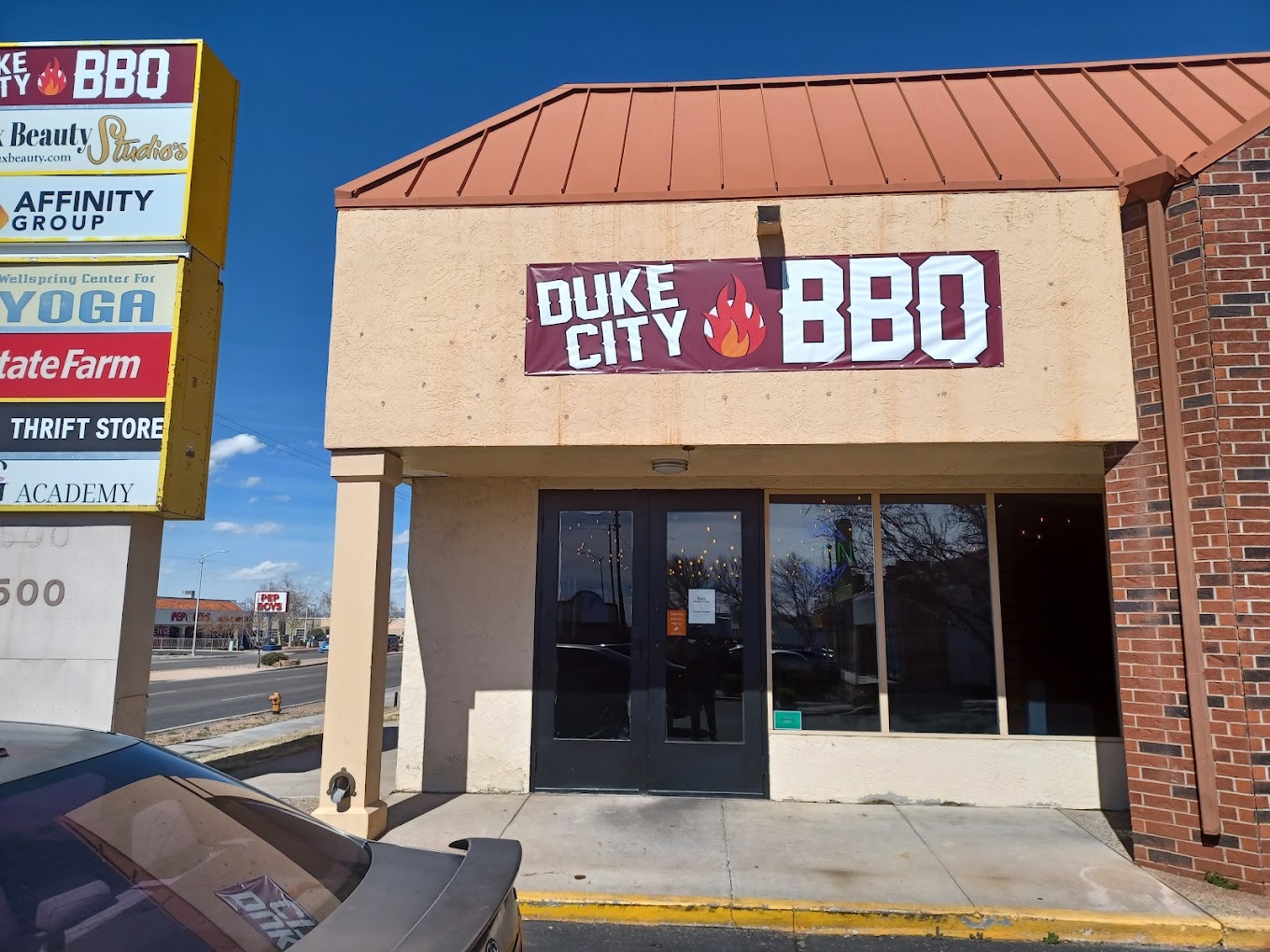
Duke City Kitchen, known for its fresh, simple, and delicious cuisine, has a rich history deeply rooted in the heart of the local food scene. Since its inception, Duke City Kitchen has been dedicated to providing an exceptional dining experience that celebrates the region’s flavors. Founded by a passionate group of food enthusiasts, Duke City Kitchen opened its doors with the vision of offering a welcoming space where people could gather to enjoy thoughtfully prepared meals made from the finest, locally sourced ingredients. This commitment to quality and community has been a driving force behind Duke City Kitchen’s success.